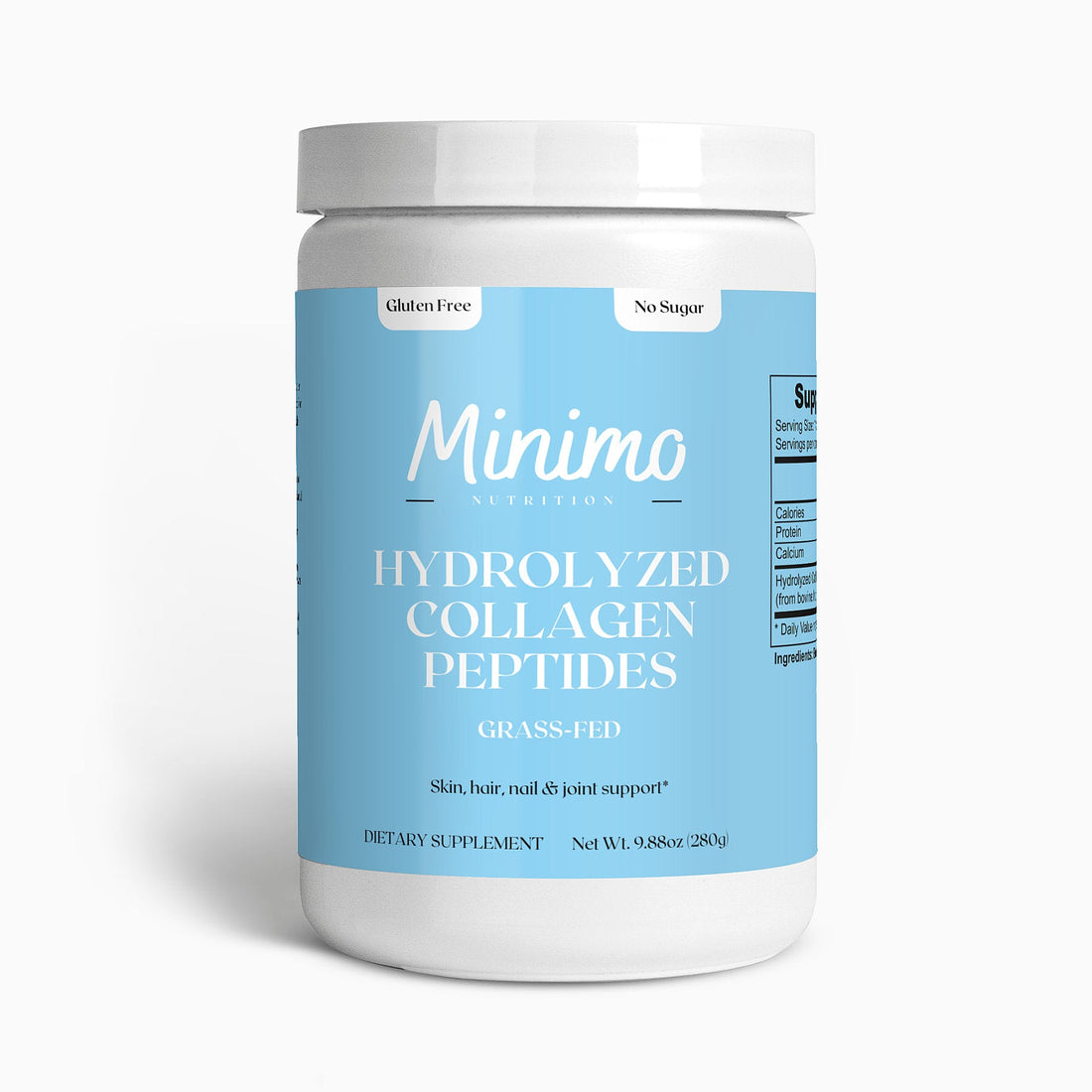Joint health is a crucial aspect of overall well-being, influencing mobility, comfort, and quality of life. As we age, our joints often experience wear and tear, leading to discomfort and conditions such as osteoarthritis. One supplement that has gained significant attention for its potential benefits in supporting joint health is collagen. This article delves into what collagen is, how it supports joint health, and the scientific evidence behind its benefits.
What is Collagen?
According to Dr. Hankins of Intercession Chiropractic, collagen is the most abundant protein in the human body, accounting for about 30% of our total protein content. It is a major component of connective tissues, including skin, tendons, ligaments, and bones. Collagen provides structure, strength, and elasticity to these tissues, making it essential for maintaining their integrity and function.
How Collagen Supports Joint Health
1. Structural Support: Collagen is a primary component of cartilage, the flexible tissue that cushions joints. By maintaining the integrity of cartilage, collagen helps ensure smooth and pain-free joint movement.
2. Reduction of Inflammation: Collagen peptides can help reduce inflammation in the joints. Chronic inflammation is a significant factor in joint pain and degeneration. By mitigating inflammation, collagen helps alleviate pain and slows down the progression of joint-related conditions.
3. Enhanced Mobility and Flexibility: Regular intake of collagen supplements has been shown to improve joint mobility and flexibility. This is particularly beneficial for individuals with stiff or painful joints, as it can enhance their range of motion and overall physical activity levels.
4. Support for Synovial Fluid: Synovial fluid is the lubricating fluid found within joints. Collagen supports the production of synovial fluid, ensuring that joints remain well-lubricated and function smoothly.
Scientific Evidence Supporting Collagen for Joint Health
Numerous studies have explored the impact of collagen supplementation on joint health. Here are a few key findings:
- Osteoarthritis Relief: A study published in the International Journal of Medical Sciences found that collagen hydrolysate supplementation significantly reduced pain and improved joint function in individuals with osteoarthritis.
- Athlete Joint Pain: Research in the journal Current Medical Research and Opinion demonstrated that athletes who took collagen supplements experienced reduced joint pain during activity, highlighting its potential for active individuals.
- Cartilage Regeneration: A study in the journal Nutrients showed that collagen peptides stimulate cartilage regeneration and reduce joint discomfort, suggesting a restorative effect on joint tissues.
How to Incorporate Collagen into Your Diet
Collagen supplements are available in various forms, including powders, capsules, and liquids. They can be easily incorporated into your daily routine. Here are some tips on how to include collagen in your diet:
1. Collagen Powder: Add collagen powder to your morning smoothie, coffee, or tea. It dissolves easily and is virtually tasteless. Be sure to choose high-quality collagen, such as Minimo Nutrition Collagen Powders, that are grass-fed and free from seed oils, artificial sweeteners, and added sugar.
2. Bone Broth: Bone broth is naturally rich in collagen. Drinking bone broth or using it as a base for soups and stews can boost your collagen intake.
3. Collagen Capsules: For convenience, collagen capsules are a quick and easy way to ensure you're getting your daily dose of collagen.
Collagen offers a range of benefits for joint health, from providing structural support and reducing inflammation to enhancing mobility and supporting synovial fluid production. Scientific studies back its efficacy, making it a promising supplement for those looking to maintain or improve their joint health. Whether you're an athlete, an older adult, or someone dealing with joint discomfort, incorporating collagen into your diet can be a valuable step towards healthier, more resilient joints.
Remember to consult with a healthcare provider before starting any new supplement regimen, especially if you have existing health conditions or are taking other medications.

